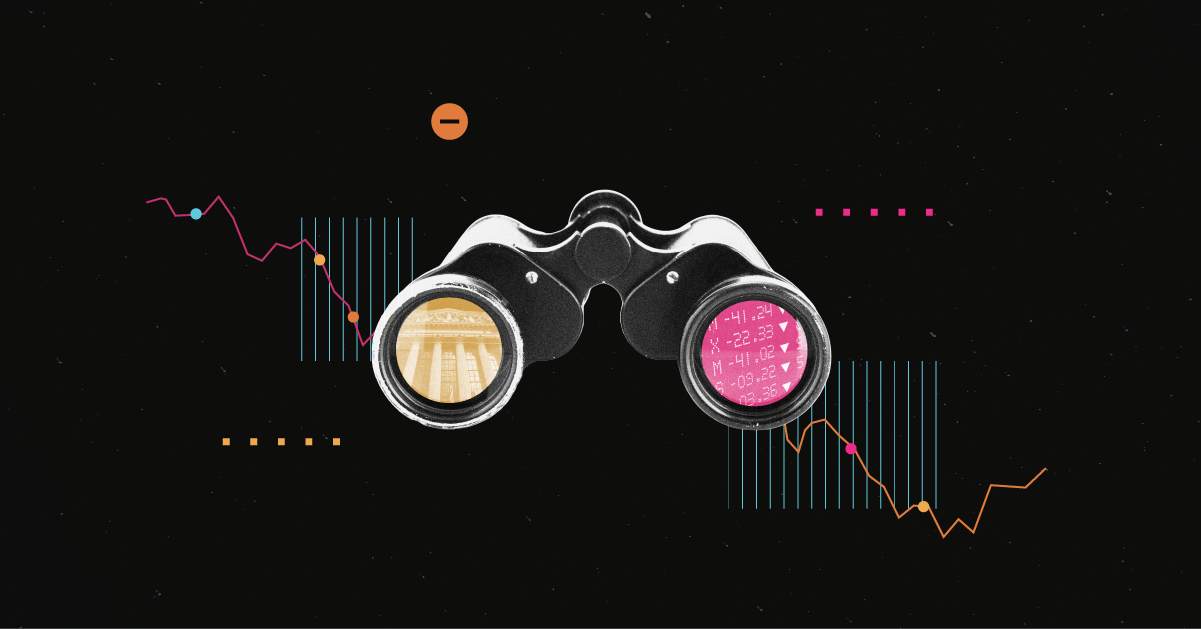(Alliance News) - Global growth should remain stable this year and next, but at recent historic lows, the World Bank said Thursday, expressing particular concern about growth in developing countries.
Growth should hit 2.7% in 2025 and 2026, in line with the level reached last year, the World Bank announced in a new report, adding that inflation and interest rates should "decline gradually" over this period.
"Growth in developing economies is also expected to hold steady at about 4% over the next two years," the Bank said, noting that this was a weaker performance than before the Covid-19 pandemic.
Growth at this level would be "insufficient to foster the progress necessary to alleviate poverty and achieve wider development goals," it added.
"Most of the forces that once aided their rise have dissipated," World Bank chief economist Indermit Gill said in a statement, referring to the world's developing economies.
"In their place have come daunting headwinds: high debt burdens, weak investment and productivity growth, and the rising costs of climate change," he added.
As a sign of this slowdown, economic growth per capita in developing countries since 2014 – excluding China and India – has been 0.5 percentage points lower, on average, than in wealthy economies, the bank's report found.
In response to this weaker growth, the world's developing countries need to develop a new playbook to push through domestic reforms, Gill said.
This playbook should encourage greater private sector investment, deepen trade relations, and promote a "more efficient use of capital, talent and energy," he said.
The Bank expects growth to slow in East Asia and the Pacific, as well as in Europe and Central Asia, due to a combination of weak domestic demand in both China and Europe.
On the other hand, sub-Saharan Africa, Latin America, the Middle East and North Africa will benefit from stronger demand, leading to more robust growth.
source: AFP
Copyright 2025 Alliance News Ltd. All Rights Reserved.


























